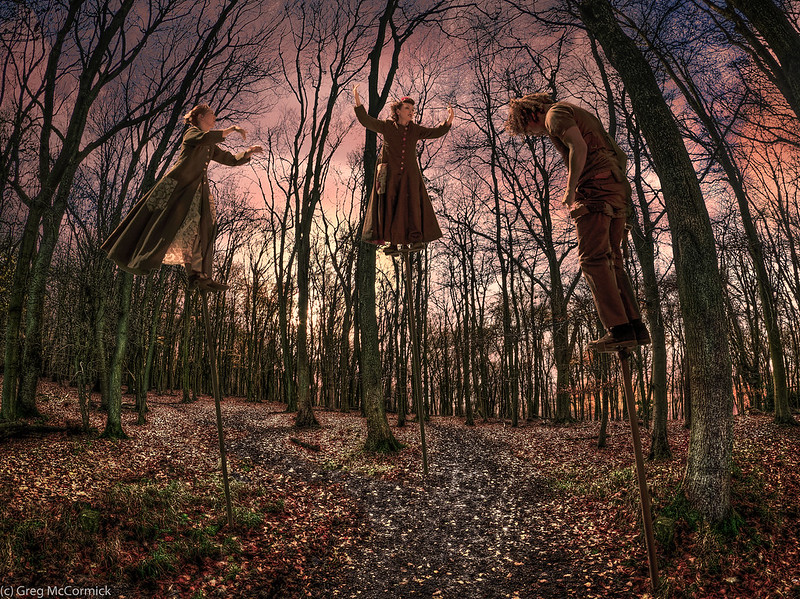How can cultural institutions embrace and represent more than human perspectives to inspire climate action? The Zoöp Connections project aims to foster regeneration within the European cultural sector through a collaborative residency programme.
Zoöp Connections invites cultural practitioners to rethink their relationship with ecosystems and foster regenerative partnerships across cultural and species boundaries. The residencies will provide spaces for reflection, experimentation and knowledge exchange.
The project will enable European practitioners, including artists, architects and designers, to work with five leading cultural organisations in the Netherlands. Using the Zoöp model, participants will explore how principles of ecological regeneration and co-governance with non-human entities can highlight the role of cultural organisations in this broader transformation.
Zoöp Connections fosters the inclusion of non-human perspectives in cultural decision-making. The mini-residencies will take place at five members of the Zoöp network (De Ceuvel, 't Gagel, Kunstfort Vijfhuizen, Stichting Creative Coding Utrecht and Nieuwe Instituut) in collaboration with five European cultural institutions based in the Netherlands: Goethe-Institut Netherlands, British Council, Instituto Cervantes Netherlands, Institut français NL and De Brakke Grond.
Residencies will be held between April and August, during which visiting residents and hosts will explore innovative ways for cultural organizations to advance regenerative practices.
Zoöp is both an organisational form and a learning process that integrates non-human perspectives into decision-making, fostering regenerative practices. The zoöp operates on the premise that the global climate crisis and ecological destruction result from an economic system that has consistently prioritised human interests over those of non-human life. Zoöps strengthen the position of non-humans within human societies, promote ecological regeneration and enhance the quality of life for multispecies communities (including humans), while countering extractive dynamics. The board of a zoöp organisation includes a representative advocating for the voices and interests of non-human life.
The Dutch Zoöp model was developed at Nieuwe Instituut in Rotterdam, the world’s first Zoöp, which also established the Zoönomic Institute to expand the Zoöp network. Any organisation with a genuine commitment to supporting the health of the ecosystems they are part of can become a Zoöp and learn how to contribute to the well-being of their multispecies communities.
The zoöp model is composed of three distinct entities, each with specific roles and responsibilities: the Zoönomic Institute, the Zoönomic Foundation, and zoöps. Zoöps are organizations committed to contributing to ecological regeneration by integrating non-human interests into their decision-making processes.
Zoöp Connections is an initiative of EUNIC Netherlands and is coordinated by DutchCulture and Nieuwe Instituut in cooperation with The Zoönomic Institute.
Photo credit: Greg McCormick
Photo source








